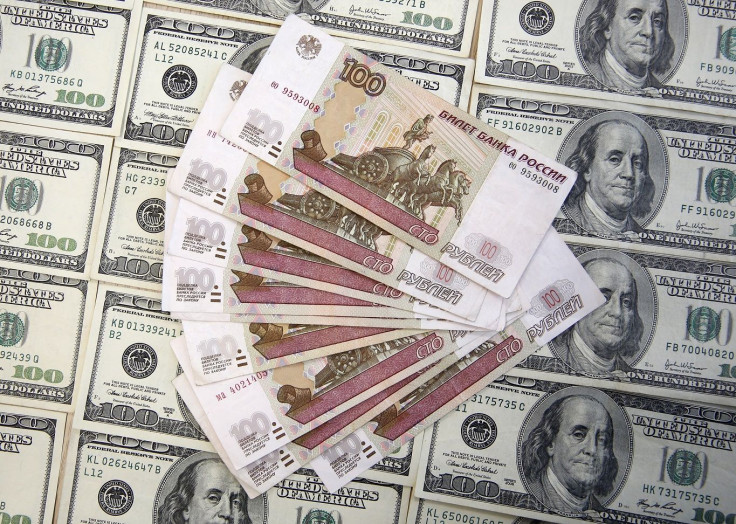Russia Lays Out Expansion Plans in the Wake of the Rouble's Decline, Erodes Australia’s Coal Export Dominance

Russia has set its sights on the Asia-Pacific region to boost its trade ties and coal mining business, as well as its gold mining sector, in the wake of the rouble's decline, several sources said. The country has also started to erode the dominance of Pacific thermal coal market powerhouses Australia and Indonesia over the past 12 months.
Russia Beyond the Headlines reports that Russia is strengthening its trade partnership with Vietnam, with plans to increase its trade to US$10 billion [$13 billion] in the next five years with the Southeast Asian country. The news outlet added that Russia aims to fortify its nuclear efforts with Vietnam, and is planning to obtain a contract for the construction of nuclear power plant and a research facility in the country.
The two countries also reinforced their military-technical cooperation. "The militaries of the two countries are already working together, with the use of Cam Ranh Air Base a case in point," the report said.
Apart from these, oil projects are in full swing for both countries. Russian-Vietnamese oil enterprise Vietsovpetro remains the biggest oil exploration and production company in Vietnam. Founded in 1981, the oil firm is responsible for half of the oil produced in the country.
Vietnamese companies, meanwhile, are also conducting mining operations in Russia, specifically in the Russian north, with the Pechora Sea as a main target.
Citing information from energy consultancy Wood Mackenzie, The Australian Financial Review reports that Russia is gaining a bigger slice of the market in the Asia-Pacific as it bolster its coal exports to the region. Coal exports from Russia to the Pacific have swelled by about 8 million tonnes, threatening the market share of Australia and Indonesia, said Kiah Wei Giam, Wood Mackenzie senior Asia-Pacific region analyst. The firm maintained, however, that Australia and Indonesia "should still meet about 80 per cent of the circa 760 million-tonne Pacific thermal coal seaborne demand this year."
Back at home, Kremlin has designed "a package of amendments" that would permit foreign institutions to carry out explorations and projects on Russian subsoils, which will ultimately benefit Russian gold miners, Investor Intel reports.
The report revealed that Russia’s Deputy Minister of Natural Resources and Ecology Denis Khramov noted that several Chinese and North American companies "have expressed their interest" to boost their presence in Russia's gold mining sector. It added that Alexander Darchiev, Russia’s ambassador in Canada, has said that Canadian gold miner Kinross Gold Corp is one of the companies that are "interested to expand their gold operations in China."
Neighbouring China, in particular, will be making significant investments in the sector, thanks to a change of strategies among local mining companies, and bi-lateral talks between its government and Russia, according to a report on the MINEX Forum website. Khramov noted this ongoing developments in his speech at the China Mining 2014 forum last October.
China’s direct investment in Russia in 2013 reached US$4 billion, representing a five times increase from 2012 figures. One company that can also channel investments from China to Russia is base metals exploration and development firm Amur Minerals Corporation (LSE:AMC). The British-owned company, which runs and operates a nickel project in the Russian Far East, expects the impending supply deficit to encourage China to turn to other nickel suppliers like Russia.
"We’re very encouraged in this and we have a great neighbour to the Southwest, in China, who is a very hungry nickel consumer," Amur chief executive Robin Young said in an interview with TipTV and BRR Media last year. Newsweek said Russia's gross domestic product (GDP) will drop by three to seven percent this year, with inflation climbing to 17.0 to 17.5 percent in the second quarter.
To contact the writer: a.lu@ibtimes.com.au






